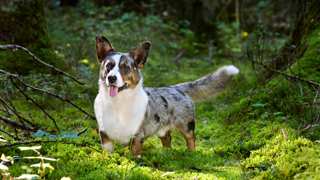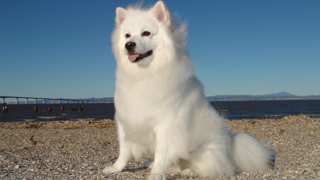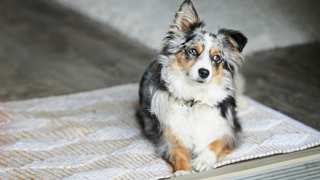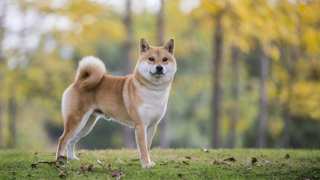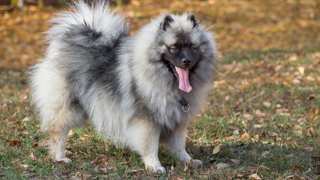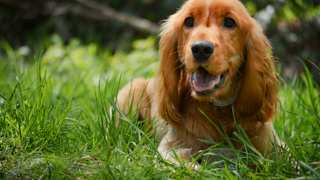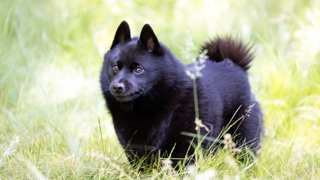The Pembroke Welsh Corgi diet will need to include animal proteins and carbohydrates, vitamins and minerals, and omega fatty acids--nutrients every dog needs to maintain its health in the long term. This means the best Pembroke Welsh Corgi food is premium dry kibble, as it contains balanced portions of the above-listed ingredients.
And how much should a Corgi eat each day? Adults, depending on age, size, and activity level, will need about 1½ cups of premium dry food per day, divided into two meals. Corgi puppy food portions are a bit smaller: again depending on age, about a cup per day, divided into three meals (not two) until six months of age.
For more info on how much to feed a Corgi puppy through maturity, see this Corgi feeding chart:
Dog AgeDog WeightFood TypeAmountFrequency2 Months4 lbsDry (Puppy formula)0.15 cups3x/day3 Months8 lbsDry0.25 cups3x/day6 Months15 lbsDry0.33 cups3x/day9 Months20 lbsDry (Puppy/Adult)0.65 cups2x/day12 Months+25 lbsDry (Adult formula)0.75 cups2x/day*--Around this time, transition to adult food by first mixing in a bit of adult formula with the puppy formula. Over the course of a week, with each meal add a little more adult formula to the mixture, until the dog is eating it entirely.
Try if at all possible to stick to the above-listed portions. If constantly overfed (and under-exercised), these dogs will quickly become overweight--and a fat Corgi puppy dog will have numerous health problems. (Fat Corgis usually have shorter lifespans as well.) You can help control your Pembroke's weight by having consistent feeding and exercise schedules, by not feeding the dog table scraps, and by not leaving food in the dog's bowl all the time.
If your worried your Pembroke Welsh Corgi is overweight, try this simple test: run a hand along the dog's side, and if you can't feel any ribs, it's diet time--which means less food and more exercise!

